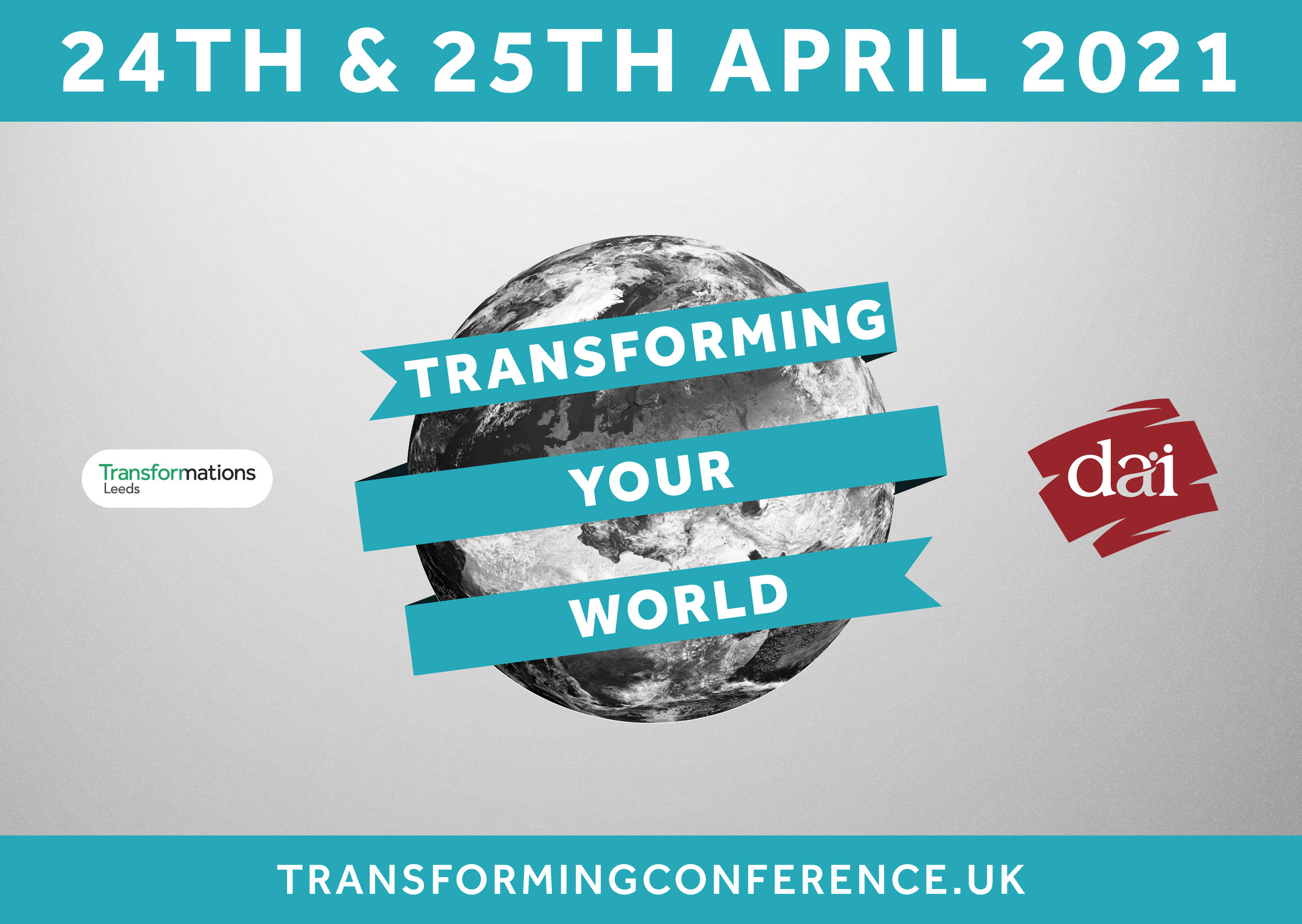Before I lived in the UK, I wasn’t sure what to believe about idioms and how British people used them. I know we’ve all passed some language exams like IELTS before we came here to study, but you might still feel confused when you have conversations with native speakers as you can't always rely on a word's definition to tell you what a phrase means. So today I’d like to share some idioms and coded language that I have learned from my British friends.
Rings a bell
Something that sounds familiar. Makes someone remember something indistinctly. To awaken a vague or indistinct memory. So you can say “The place he was talking about rang a bell but I couldn't remember where I had read about it.”
A Blessing in disguise
A good thing that seems bad at first.
An arm and a leg
A phrase used to massively over exaggerate when something might be expensive. For example: “This pint cost me an arm and a leg!!!” When, in reality, they're just paying an extortionate amount compared to what they're used to.
Worship the golden calf
An unworthy or inappropriate object of worship, typically wealth. For example: “Let’s devote ourselves to something more meaningful than worshiping the golden calf.”
Off the top of your head
Without careful thought or investigation. Like, "Off the top of my head, I think Lucy loses the key every week."
A penny for your thoughts
A way of asking someone to share their thoughts with you. For example: “I'll give you a penny if you tell me your thoughts”
To sit tight
If you sit tight, you remain in the same place or situation and do not take any action, usually because you are waiting for something to happen. “Sit tight. I'll be right back.”
Beat around the bush
A typical British saying meaning you're purposely avoiding the topic; not speaking directly about the issue.
Bee’s knees
You should know that “the bee’s knees” is actually a lovely term used to describe someone or something you think the world of. So if someone says “Go-karting yesterday was the bee’s knees” they’re actually telling you that “Go-karting yesterday was totally awesome!”
Steal someone’s thunder
To take credit for someone else’s work or to take attention from them during their special moment .
Speak of the devil
Used when the person in question arrives right on cue - as if they knew you were talking about them.
Apart from idioms, British people also like using coded language to avoid embarrassment:
Interesting…
Especially when followed by a long pause, this often means the opposite.
That's not bad!
Even though “bad” is in this sentence, it means “that's good”.
I almost agree.
This sounds like they’re close to agreeing. But, it actually means they do not agree at all.
With the greatest respect…
What you did or said was totally wrong.
Bit wet out there
Actually it’s pouring, welcome to the UK.
I hope this is helpful for your life in the UK! Please let us know if you have more idioms/coded languages to share.
To get in touch please email chris.cambell@transformationsleeds.org.uk








